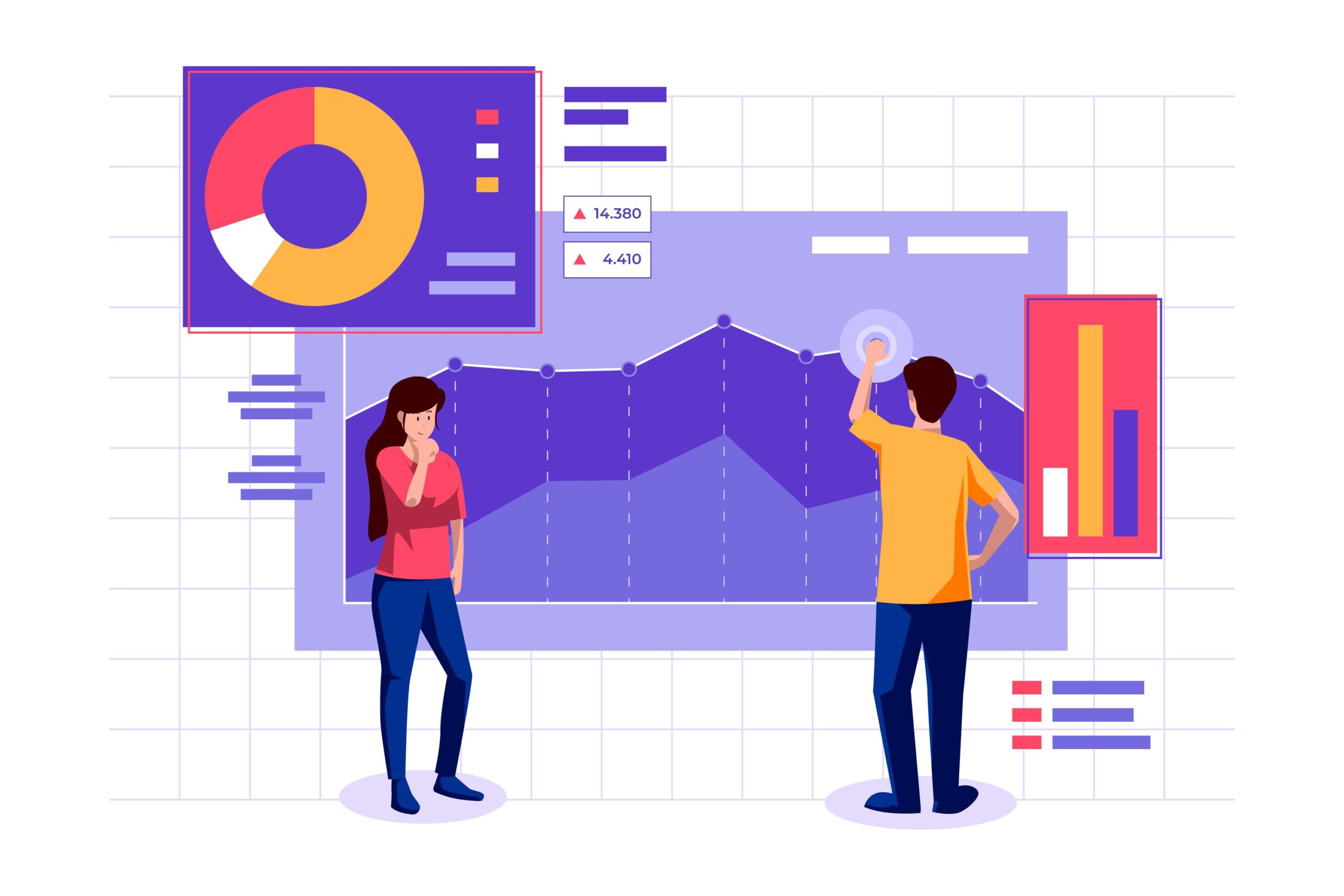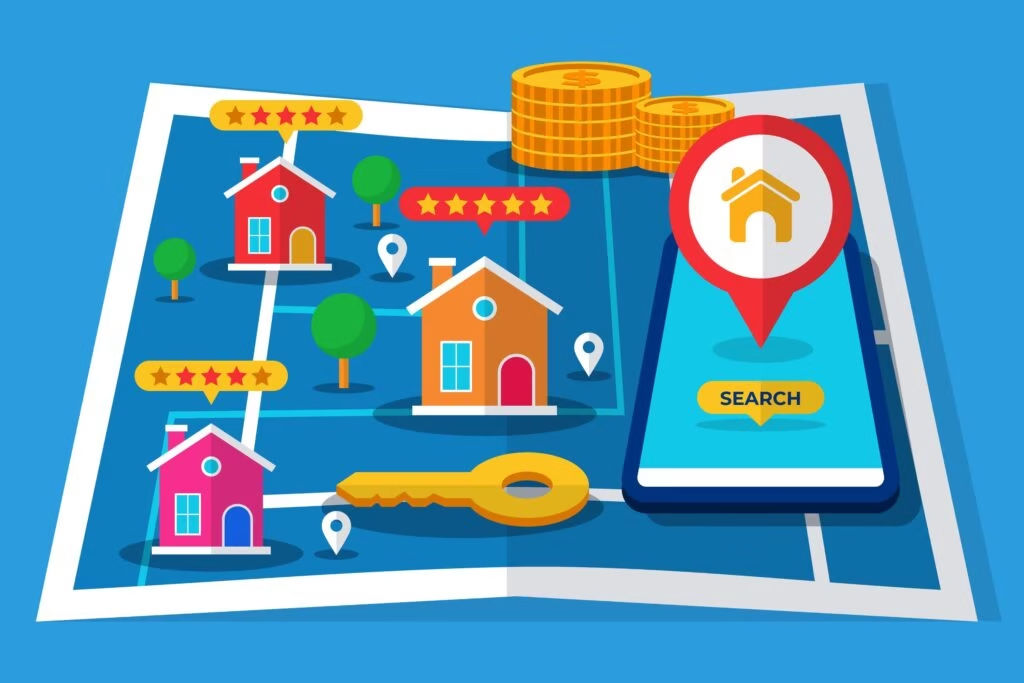If you’re running a small or mid-sized B2B business, deciding where to put your marketing dollars can feel like walking through a minefield blindfolded. You’ve probably heard the argument a hundred times: SEO builds long-term value, Google Ads bring instant leads. But what does that actually mean for your business, and which one should come first?
Honestly, I used to believe that SEO should always be the first priority. Build the website, write the content, let it rank, and leads will trickle in. But after managing campaigns for a Midwest-based logistics company last year, I realized it’s not that simple. They spent six months optimizing their site and blog content. Traffic went up 47 percent, but in that time, they only got three qualified leads. Frustrating, to say the least.
Here’s the deal: the choice between Google Ads and SEO isn’t always about “which is better.” It’s about timing, budget, and your business goals.
Immediate Results vs. Long-Term Growth
Google Ads are like the fast lane on a highway. If you have $4,800 to spend on a campaign targeting B2B SaaS decision-makers in Ohio, you can generate 30 leads in three weeks. You know almost immediately if it’s working. SEO is slower. You could spend $3,200 over three months on content creation, technical fixes, and link building, and maybe see a 25 percent traffic increase. But converting that traffic into leads often takes longer, sometimes six to nine months.
That’s why many businesses actually need both, but in the right order. If you’re a new company trying to get your first set of clients fast, Google Ads often makes sense first. But if you have the patience, budget, and a website that can convert visitors, SEO builds a sustainable pipeline.
I will admit, I sometimes underestimate how long SEO takes. I thought a well-written blog plus on-page SEO fixes would bring leads in 8 weeks. Nope. For a Michigan-based HVAC company, even after optimizing their site and running content campaigns, it took five months to generate 12 qualified leads from organic traffic. Patience is mandatory here.
Budget Constraints and Cost Considerations
Let’s be real: most SMBs don’t have endless marketing budgets. Google Ads let you control costs tightly. You can start with $500 a month targeting specific keywords, and pause campaigns any time. SEO costs are less predictable. You pay for content, technical work, and link-building. Sometimes you pay $2,000 a month for six months and only see meaningful results near month five.
This isn’t to say SEO is expensive. It can actually be cheaper long-term because your site starts generating traffic for free once rankings stabilize. But if you need immediate ROI, Ads are easier to measure. For example, a law firm in Cleveland spent $3,600 on Google Ads in October targeting commercial real estate clients. They received 18 consultation requests in three weeks, with 6 converting to cases worth $27,000 total. That kind of measurable impact is hard to replicate immediately with SEO.
Quick tangent: one client insisted we prioritize SEO over Ads because “it lasts longer.” They were a real estate marketing firm. I ran the numbers and we actually lost six potential leads while waiting for the first organic traffic bump. We ended up running Ads anyway, and it paid for itself within the first month. Lesson learned: sometimes the “long game” mindset costs you real opportunities.
How Business Type and Buyer Cycle Influence Choice
Buyer behavior matters. A B2B SaaS company with long sales cycles might benefit more from SEO. High-quality content builds trust, demonstrates expertise, and nurtures leads over months. But if you’re a B2B service with urgent needs, like electricians or commercial printers, Google Ads get you in front of buyers who are ready to act.
For instance, a Columbus-based commercial printing company ran Google Ads in September targeting businesses needing brochures and banners. They spent $1,200 and generated 14 leads in four weeks. If they had relied solely on SEO, those clients might have found them in six months instead of weeks.
I admit, this used to confuse me. I thought all B2B businesses could use the same rule of thumb. Nope. The industry, the sales cycle, and the urgency of the buyer all change the calculus.
Combining Both Strategies Strategically
Here’s where it gets interesting: the smartest businesses use Ads and SEO together. You can run Google Ads for immediate leads while SEO builds organic traffic in the background. This approach also provides insights. Ads tell you which keywords convert best, which you can then optimize for in your SEO strategy.
For example, a Texas-based software consulting firm tested 12 keyword variations with Google Ads in Q1 2025. They discovered that “enterprise workflow automation” generated the highest conversion rate, 5.8 percent over six weeks. They then optimized their blog content for that keyword, which boosted organic traffic 32 percent by July.
And yes, I know this sounds like the “obvious” approach, but you’d be surprised how many businesses pick one or the other and ignore the other completely. Don’t fall into that trap.
If your website isn’t performing well, even the best SEO or Ads won’t help. Slow load times or a confusing layout can kill conversions. That’s why integrating website performance and security with your marketing plan is crucial. And if your Ads or SEO are targeting local clients, local SEO services can amplify the results.
The truth is, there’s no perfect answer. Your choice should be based on your immediate goals, budget, industry, and how fast you need results. And sometimes, trial and error is unavoidable.
Key Takeaways
- Google Ads deliver fast, measurable leads, while SEO builds long-term traffic over months.
- Your industry and buyer cycle should guide whether Ads or SEO comes first.
- Combining Ads and SEO strategically often yields the best results.
- Budget and website performance can make or break both Ads and SEO campaigns.
- Trial, testing, and adapting are essential. No one-size-fits-all solution exists.
Final Thoughts
Deciding whether to invest in Google Ads or SEO first isn’t about finding the “right” answer. It’s about matching strategy to your business reality. If you need immediate leads or are launching a new campaign, Ads provide speed, measurability, and flexibility. SEO requires patience and investment, but it pays off with sustainable traffic and credibility over time.
I often tell clients to think in phases. Start with Ads if quick results matter, then layer SEO as your website matures and content library grows. Sometimes, businesses start with SEO only to realize their leads plateaued for months. That’s not failure; it’s data telling you to complement your strategy with paid campaigns.
Remember, the foundation matters. Your site must convert visitors, whether they arrive from Ads or search engines. Things like fast load times, clear calls-to-action, and easy navigation aren’t optional. If you’re unsure where to start, it’s worth having a conversation with a partner who understands both sides of the equation. At BrandBolt, we work with B2B businesses to balance Ads and SEO based on real goals and budgets. Even a quick chat can clarify what makes sense for your situation.
Common Questions
Can I run Google Ads and SEO at the same time?
Absolutely. Running both simultaneously can help you capture immediate leads through Ads while building long-term organic traffic via SEO. Ads can also reveal which keywords convert best for SEO optimization.
How long does SEO take to generate leads?
It depends on your industry, competition, and website health. For most B2B businesses, meaningful results typically appear between four and nine months. Some industries may see results faster, while others take longer.
Is Google Ads expensive for small businesses?
Not necessarily. You can start with a modest budget, like $500 per month, and pause campaigns anytime. Ads give you control over spend and measurable ROI. Costs depend on industry, keywords, and competition.
What if my website isn’t optimized for conversions?
Then neither SEO nor Ads will deliver their full potential. Make sure your site loads quickly, is mobile-friendly, and has clear calls-to-action. Services like website performance and security can help ensure your site supports your campaigns.
Should I focus more on local or global SEO?
It depends on your target audience. Local SEO is ideal for businesses serving specific regions or cities, like electricians or plumbers. Global SEO works for businesses targeting national or international clients, like software providers or consultants.




